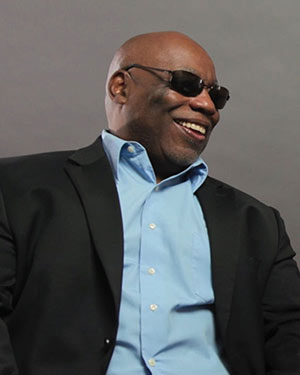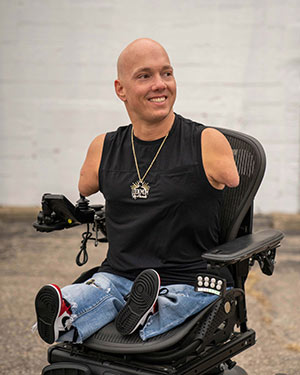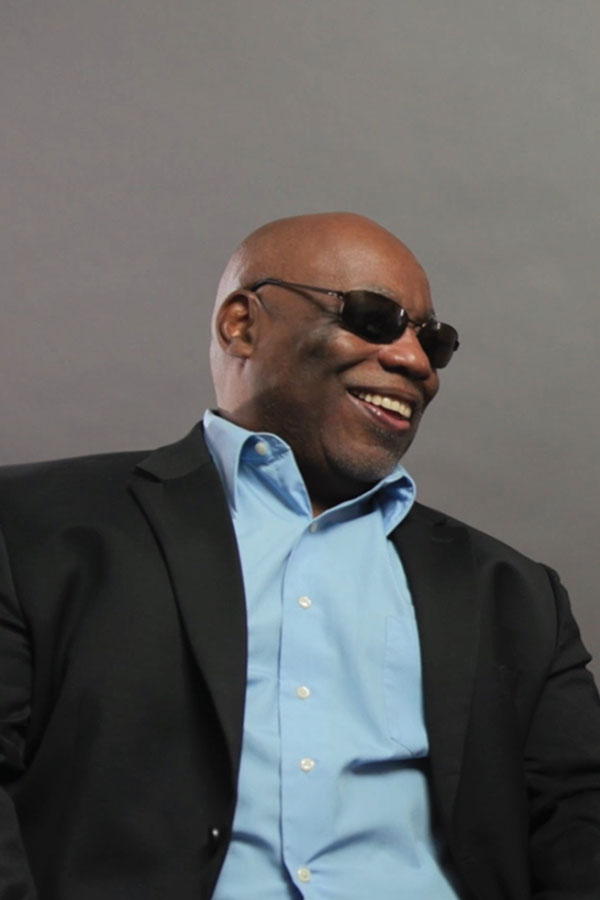Accessibility and the Recorded Music Industry
By Mike Moore
I believe most of us can agree that there is a fair share of blind musicians in the world, but what about the music industry overall? There has long since been a stereotype that blind people were best suited for performing music and not much else in the industry. However, there were some notables, namely Stevie Wonder and Ray Charles, who have worked both sides of the music industry with some success. They were famous musicians, and their access to the “other” side of the music business was not typical for the average blind musician. There were many reasons why that side of the business was not accessible to the majority of blind musicians, but in large part, it was access to the physical building and the inaccessibility of the analog recording equipment. In the not so distant past, it was challenging for blind people to get consistent access to transportation, creating a barrier between them and the places they wanted to frequent. Although the analog equipment did have buttons and knobs, the lack of any type of accessible audio feedback would be difficult for a blind person to navigate without the assistance of a sighted person.
As technology has advanced, so too has accessibility for blind people. The manufacturers and developers of the products we use on a daily basis are being more diligent in their effort to make products accessible to the blind and visually impaired community. This is especially true in the recorded music industry. Over the 10 years, there has been a plethora of blind and visually impaired people starting to dabble in musical engineering, producing, beat making, and deejaying. One of the leaders in the computer recording software market, Pro Tools, was one of the first to purposefully make their software accessible for blind and visually impaired people. That was nearly 15 years ago. Since then, Pro Tools has made their software even more accessible after collaborating with a blind recording engineer based in Trinidad. Most likely, it was Pro Tools that inspired others in the recording software market to follow suit.
Apple Logic Pro and Reaper are two other recording software products that are accessible to the blind and visually impaired. These type of products have given us creative musical freedom that we have had very limited access to in the past. More importantly, we are able to be more gainfully employed in the music industry! Even if you do not want to work in the industry, you can independently work on your own projects, record with other musicians, record your own Podcasts, and record audio voiceovers for presentations to name a few.
One of the coolest things, if you so desire, you can do all of your recording from the privacy of your own personal space! As for me, I do some home recording of my own personal projects, and I also go out and record my band at our live events. I must say that I am over the moon about once again being able to record, mix, engineer, and produce my own projects, and work with others on their projects as well. I thought that the recording part of my musical life was lost to me forever. I was so sure it was a wrap, I had gotten rid of all the recording gear I had. Now that I am back in the mix, I am happily rebuilding my home recording studio. It is an awesome feeling to be able to independently use these musical tools as a blind person. To know that I have an employable skill set that will allow me have access to this part of the Music Industry that was previously unavailable to me.
So, if you are blind or visually impaired and want access to the music industry like never before, it is now available to us! Here are a couple of resources to get some information that may be helpful to you. Iseemusic.org and Logic.band. In these resources you will find information on how to access online training, courses, and other tips, tricks, and tutorials to help get you started.




